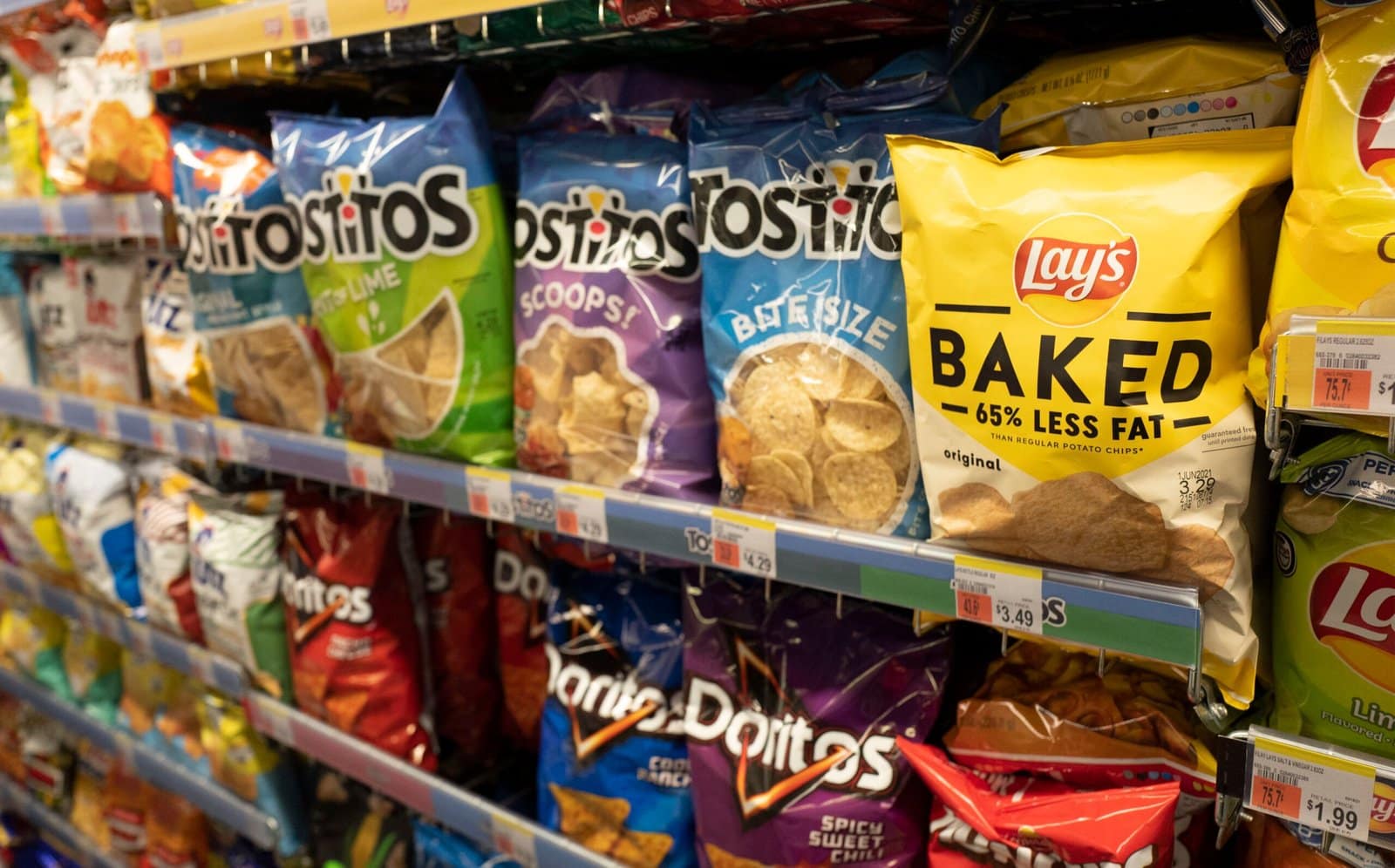According to a new national report, the majority of Americans consume more than half of their energy from ultra-processed meals, those super-tasty, energy-dense foods generally high in sugar, salt, and harmful fats. Nutrition study has for decades demonstrated that ultra-processed foods make up a significant portion of the U.S. nutrition, especially for children and teenagers.
The U.S. Centers for Disease Control and Prevention has, for the first time, used nutrition information collected from August 2021 to August 2023 to confirm those higher levels of consumption. Health Secretary Robert F. Kennedy Jr., who attributes their cause of serious disease, is now putting these meals under increasing attention.
We are poisoning ourselves, and it’s primarily coming from these highly processed foods, Kennedy claimed earlier this year.
According to the review, about 55 % of Americans age 1 and older consumed total energy during that time from highly processed foods. Ultra-processed foods accounted for almost 53 % of adult calories, but it was nearly 62 % for children until they were 18 years old. Read more about Teyana Taylor’s voice operation:” This instant hurts.
Burgers and sandwiches, special baked goods, savory snacks, pie, and sweetened beverages were among the top sources.
According to the review, younger kids ate fewer calories from highly processed foods than older children. Less energy were consumed by those over the age of 60 than by younger people. More expensive products were consumed by low-income individuals than higher-income individuals.
The results were not surprising, according to co-author Anne Williams, a CDC diet professional.
What was surprising was the fact that consumption of processed food appeared to have decreased significantly over the past ten years. Among adults, total calories from those sources fell from about 56 % in 2013-2014 and from nearly 66 % for kids in 2017-2018.
Williams said she had no idea what caused the drop or whether people were eating less processed food.
However, Andrea Deierlein, a diet expert at New York University who was unaffected by the study, suggested that there may be a greater knowledge of the potential negative effects of ultra-processed products.
” People are trying to reduce their consumption of these foods, at least in some populations,” she said.
Finding solutions to the health issues surrounding ultra-processed products has been challenging, but concerns have been growing for decades. Although there are many studies that link them to obesity, diabetes, and heart disease, it is impossible to establish whether the products actually produce those chronic health issues immediately.
One small but important research found that people who ate ultra-processed food had more energy and gained weight even when food were matched for fats, sugar, fat, fiber, and micronutrients. Read more about Trump’s first doctor general’s criticism of RFK Jr. for ending contracts for mRNA vaccines:” It’s risky.
When individuals in a clinical test ate minimally processed foods like pasta, meat, fruits and vegetables, even those that were matched for nutritional elements and regarded as healthy, such as ready-to-heat frozen dinners, protein bars, and rubs, they lost twice as much fat when they ate less processed foods, such as those found in a study published this week in the journal Nature.
Just defining ultra-processed food is a part of the issue.
Based on the four-tier Nova program developed by Portuguese scientists, which categorizes foods according to the number of processing they undergo, the most common description was used in the new CDC report. According to the CDC report, these foods tend to be “hyperpalatable, energy-dense, lower in dietary fiber, and contain little to no whole foods, as well as having a lot of water, sweeteners, and bad fats.”
U.S. health officials recently expressed concern over whether present concepts “accurately get” the range of foods that may impact health. To create a fresh, consistent explanation of ultra-processed food for products in the U.S. food supply, the U.S. Food and Drug Administration and the Agriculture Department recently sent a request for information.
Americans should try to cut down on ultra-processed products in the interim, Deierlein said. Use simple wheat sweetened with honey or maple syrup instead of fast oatmeal, which may have added sugar, calcium, artificial colours, and preservatives. Read food labels and nutritional information, she urged.
She said,” I do believe there are options for many foods that don’t require much processing.”
Americans get more than half their calories from ultra-processed foods, CDC report says


